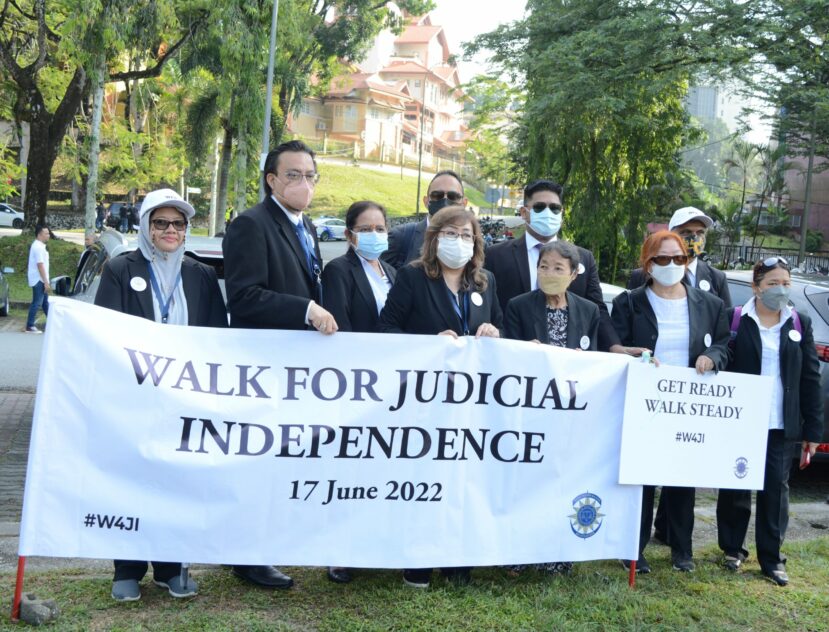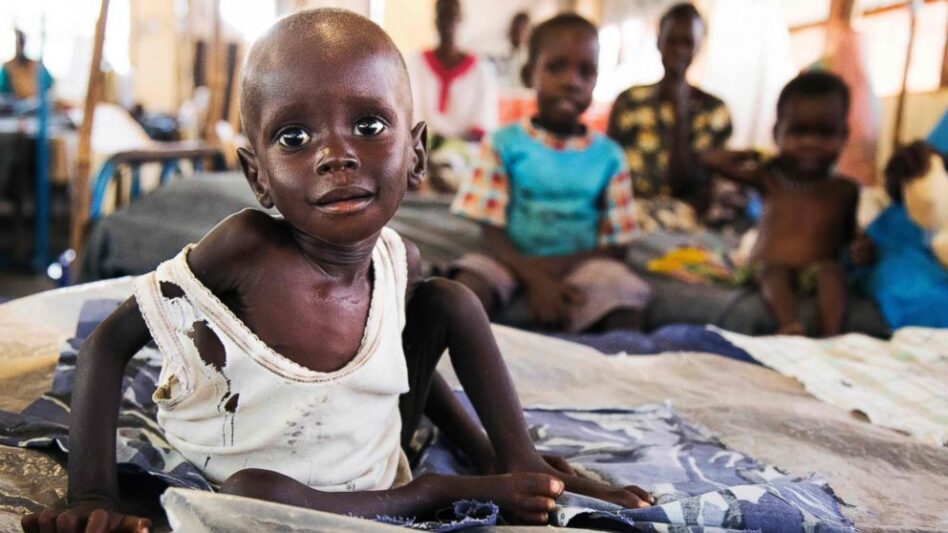By R Thillainathan
AN open Letter to the PM has raised the real concern that the Covid-19 outbreak may continue for a period of 12-18 months. It made several concrete proposals for immediate action as well as during the crisis and thereafter.
Their proposals and priorities were organised around three broad issues: Managing the pandemic, managing the affected and managing the economy. And given that the conditions are somewhat similar to war time, the paper advocated that we should mobilise the country’s resources to do whatever it takes.
I wish to add to the discussion and debate that is likely to be generated by this open letter and other articles. In managing the pandemic, Nungsari et al advocate immediate actions to test, identify and treat the infected early with the strategy of containing infections so the healthcare system is not overwhelmed.
In this regard, they call for the healthcare system to be provided with the required trained and well-protected frontline personnel, resources and facilities. They make references to the two-week Movement Control Order (MCO) (and the disruptive consequences on the supply chain from such lockdowns) but they appear not to make any explicit reference on the need to extend the MCO to curb the spread of this deadly virus given that it takes about two weeks for the symptoms to become apparent.
It is reassuring that the PM is looking at an extension of the MCO for a further two weeks (given that we Malaysians were a little weak or slow in observing the order) and at increasing the Health Ministry’s budget by RM600 mil.
The Imperial College Report makes it very clear that a lockdown may be necessary until July and for it to be implemented thereafter on a periodic basis and that we can deal with the outbreak only when the whole population is vaccinated against the virus which may take 18 months (and this provided we do not have to contend with its mutations).
One immediate response that was contained in the piece by Nungsari et al and others such as Jomo Sundaram and Vladimir Popov that the full costs of testing and treating Covid-19 cases, without exception and legal risk, be borne by the government may only have been implied in the Nungsari et al piece.
Such a measure is needed to encourage the poor as well as the guest workers (legal and illegal who work in our midst) to come forward immediately to be tested given the direct effects of the virus on the infected and the indirect effects of its spread if it is not controlled on an effective and timely basis.
In managing the affected, I fully agree with the immediate actions proposed by the open letter to address the displaced and negatively impacted by the pandemic, especially for ensuring continued provisioning of basic needs, public utilities and social services.
I also fully endorse their governing principles in according priorities — to frontline healthcare personnel, to programmes that benefit the most number of people and to strive for the good and necessary and not on the perfect.
On the economic response, Nungsari et al propose a “fiscal stimulus” during the period for consumption smoothing to aid individuals and businesses – to prevent cash flow problems from generating a solvency crisis and massive unemployment. They are looking at a response bigger than the RM60 bil spent during the global financial crisis as we now face both a health and economic crisis. I fully support their view. Even a good macro response may not spare us from a decline in our GDP if the Covid-19 outbreak takes 18 months to solve.
However, I am of the view that the fiscal programme should be aimed at providing a safety net to ensure the supply of basic needs, whether those adversely affected are the self-employed, employed, unemployed or the displaced. A viable business can go bankrupt the higher its “fixed cost” from borrowings and from the size of its wage packet.
To prevent the viable business from going bankrupt, all of us, excepting the really needy, but including the government, have no choice but to share the burden of coping with and riding over the crisis.
With respect to borrowing costs, the lenders may have no choice but to require only the interest to be serviced (based on the lender’s expected profits during such a crisis) or even to capitalise interest to be recovered once the crisis is over.
To support the lenders including leveraged bond holders, the government and Bank Negara Malaysia may have no choice but to keep the cost of funding as low as possible, even if this means the savers in short-term instruments will lose out in the process.
The government should not guarantee the principal component of a borrowing, whether it is that of an SME or not, and only guarantee the interest, and only if the lender is not able to recover it soon after the crisis is over and after it has taken all reasonable steps to recover the amount owing (so long as the business was a viable one before the onset of the crisis).
With respect to employment, the burden-sharing principle has to be borne not only by the employer but also the employee. This means that, to minimise bankruptcies and unemployment, there should be an across-the-board cut in salaries (including bonuses) of all employees with the percentage cut progressively higher among the higher paid and with the cut in the pay earning below a basic minimum subsidised by the government.
The cut may have to be adjusted upward over time the longer the crisis lasts or the more exposed is the industry. There should be no restrictions on resignations so that new and growth industries are not starved of workers.
Property owners will also have to share the burden of adjusting to the crisis by reducing rentals of their properties during the crisis period.
Shareholders too have to share in the burden by accepting a substantial cut in their dividends to retain much-needed cash in the business. One should also consider taxing at a higher rate those who earn supernormal profits or even taxing windfall gains, arising from and during the crisis period.
During the crisis, we should also consider an increased reliance on the supervision of prices, and to come out with immediate measures for the stockpile of essential goods and services. If market forces do not work fast enough, we may have to encourage a business from adjusting its lines and techniques of production to meet the change in demand engendered by the crisis.
And we must also and always be on the lookout for better ways of coping with the crisis based on the experience of other countries.
Concluding remarks
With respect to the cost of sharing the financial burden of a business by all stakeholders, namely the owners, employees, landlords and lenders, the cut in the monetary remuneration of these stakeholders is to conserve cash in the business to minimise the risk of it going bankrupt.
The stakeholders, including the owners, can be exactly compensated by a payment in kind and which compensation can be realised into cash on recovery of the business from the crisis.
To realise this proposal, the business is, or has to be, set up as a company. What the regulators have to do is to facilitate speedy incorporation and even allow a private company to have more than 50 shareholders, so long as the additional shareholders are all the company’s stakeholders.
Even Bank Negara has to allow a bank the right of conversion of its debt into equity without affecting its required holdings of risk weighted capital as the adjustments may have already been made for the likely impairment of its loan book.
Alternatively, BNM has to borrow from our Asian Financial Crisis (of 1997/98) experience to set up a new Danaharta and Danamodal to step in in a timely manner to take over the impaired debt (on the right terms) and recapitalise a bank (where necessary) so that it can continue with its lending activity without succumbing to a credit crunch or contributing to the imposition of one on the economy.
A bank’s management and shareholders should not be penalised if the non-performing loans have been performing loans before the onset of the Covid-19 outbreak.
The world has witnessed a shift in the structure of taxation, from the taxing of income and production, to the taxing of consumption (but with exports and essentials zero rated), driven by competitive considerations, and to stop an erosion of the tax base.
Malaysia, too, has no choice but to re-embrace that approach when the time is right and also minimise its reliance on generous breaks to promote investment and growth which is not sustainable. Any regressivity in the tax system must be minimised by allocating a fair amount of the tax revenue collected, including the consumption tax, to promote a needs-based affirmative action programme.
We must also pay heed to the long-standing call of Datuk Ramesh Chander, the first Malaysian Chief Statistician, for a revision to the Poverty Line so that there are no abuses or leakages in the safety net that should be set up to assist the truly needy during the crisis and possibly thereafter.
Under no circumstances should the government allow the fiscal stimulus programme to address a longer-lasting (worse-case) crisis to be captured by vested interests, as it will be a travesty of justice. — March 25, 2020
Datuk Dr R Thillainathan is past president of the Malaysian Economic Association








